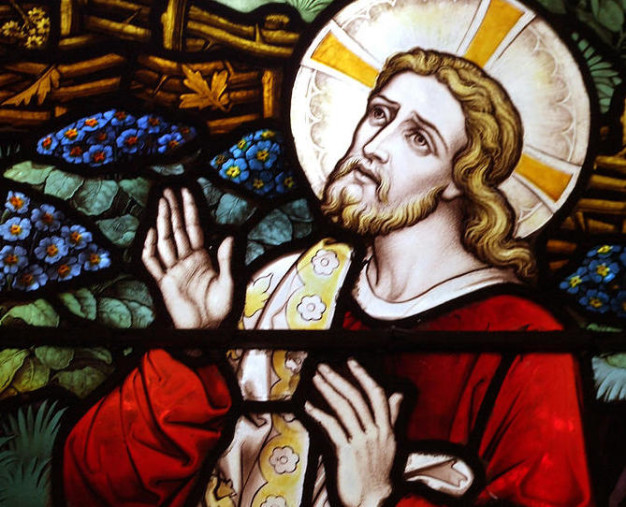

The Meaning of Worship
One of the movements in Christian thought that has been a blessing to my own spiritual development has been the attention paid to worship. Much of this attention is directed to the role of worship in our own formation into Christlikeness, and helpfully reminds us that we can and do become transformed by our worship. Realizing the importance of how we worship Jesus Christ in shaping who we become as his followers is a real gift to the Church, but it’s hardly a new realization.
Recently during my own reading of the New Testament I have come to realize that, in fact, several authors of letters in the New Testament encourage the recipients of their letters to be shaped by their worship. Because the New Testament was written simultaneously with the growth of Christian communities in the Roman Empire, there is good reason to believe that many of the doxologies in the various epistles found in the New Testament were already used in worship by Christian communities before they ended up in the Scriptures. Some famous examples of this are the “Christ-hymns” in Philippians 2:5-11, Colossians 1:15-20, and a number of passages in Revelation.
The common features of these hymns are that they talk about Jesus’ lofty place in the order of all things, his willingness to descend to the level of humanity and die on a cross, and an exhortation to the recipients of the letters to live their lives in imitation of Christ’s incredible humility. It’s almost as if Paul is saying the very same thing that many contemporary Christian thinkers are saying: “Let your worship of the one true Lord shape the way you live your life.” Transformation takes place in Christ-centered worship because Christ has given us a radical way to live in light of God’s love for us: in love and humility of God and one another.
This is something that I have tried to remember recently in my own times of worship. Whether I am worshipping using an old hymn or a newer praise song, I have recognized the power of worship when it speaks of God’s amazing love for us. It is a transforming love seen in the life, death, and resurrection of Jesus Christ. It is a love that should always be the content of our worship. Let us not forget the transformative power of worship as attested by modern scholars and the New Testament alike, so that the worship we offer on Sunday might shape us into followers of Jesus Christ who worship throughout the rest of our week as well.
